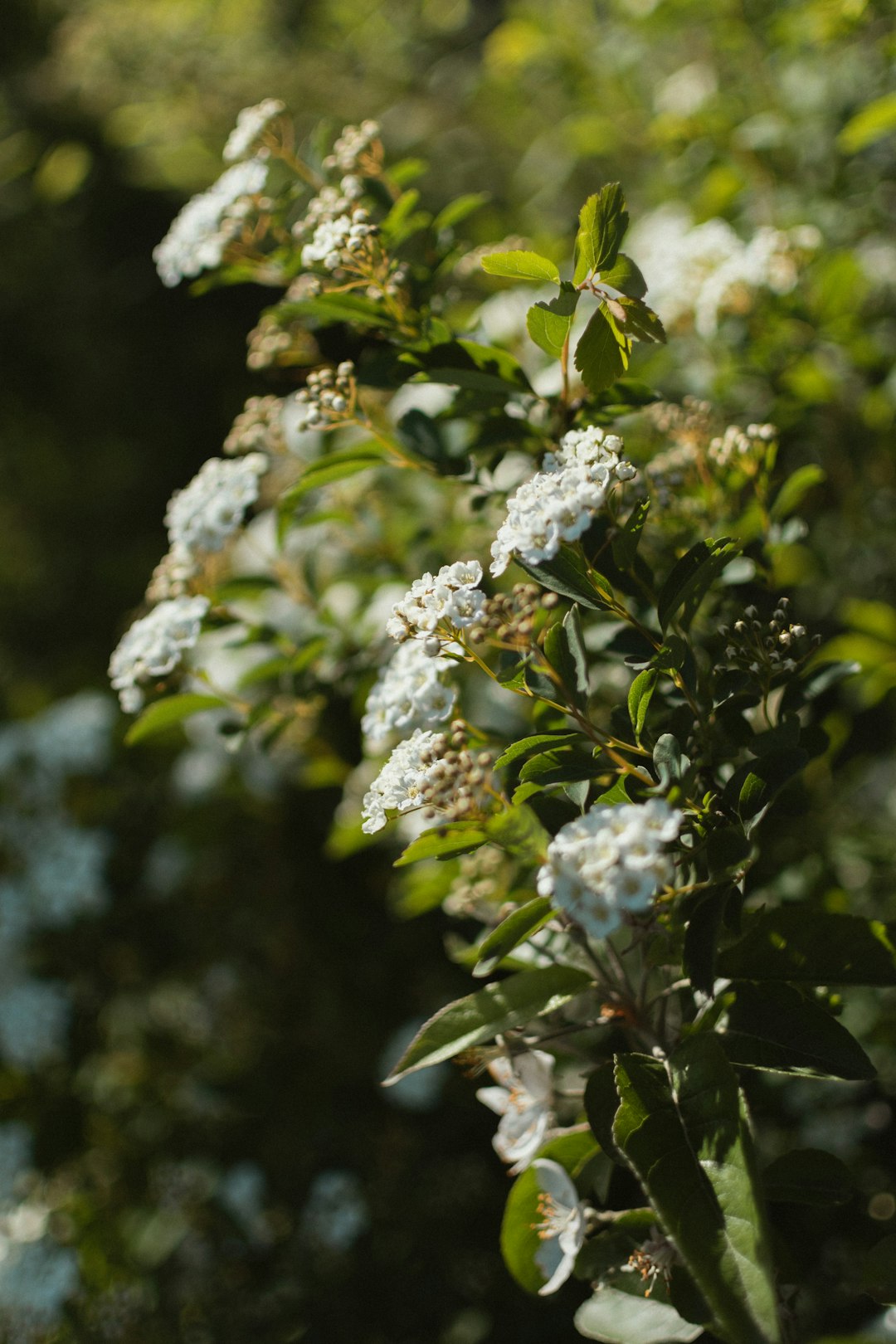Secrets to a Thriving Yard: Leave the Leaves!

Many homeowners strive for a pristine, manicured yard, often spending hours raking and bagging leaves in the fall. However, what if we told you that leaving the leaves can actually be beneficial for both your garden and the planet? With these expert tips, you can achieve a tidy yard while still reaping the rewards of nature's free mulch.
Leaving leaves in your yard provides numerous benefits. Firstly, they act as a natural mulch, helping to retain moisture in the soil and regulate soil temperature. This is especially important during the cold winter months when plants are vulnerable to frost damage. Additionally, as the leaves decompose, they release nutrients back into the soil, enriching it and providing a fertile environment for your plants to grow.
Another advantage of leaving leaves is that they provide habitat for beneficial insects and wildlife. Many insects, such as butterflies and bees, overwinter in leaf litter, using it as a shelter from the cold. By leaving the leaves, you are creating a safe haven for these important pollinators, which are essential for the health of your garden and the ecosystem as a whole.
So, how can you leave the leaves while still maintaining a tidy yard? One option is to simply rake the leaves into garden beds or around the base of trees and shrubs. This will help to protect the plants' roots and provide them with a natural source of nutrients. You can also use a mulching mower to chop up the leaves and spread them evenly across your lawn. This will not only help to break down the leaves more quickly but also give your lawn a neat and tidy appearance.
If you have a large amount of leaves, you may want to consider creating a leaf pile in a corner of your yard. This can serve as a composting area, where the leaves will gradually decompose over time. You can then use the compost to fertilize your garden in the spring. Just make sure to turn the pile occasionally to speed up the decomposition process.
It's important to note that not all leaves are created equal. Some leaves, such as oak and maple leaves, are high in tannins and can take longer to decompose. If you have a lot of these types of leaves, you may want to mix them with other types of organic matter, such as grass clippings or shredded newspaper, to help speed up the decomposition process.
Leaving the leaves is also a great way to reduce your carbon footprint. By avoiding the use of leaf blowers and other power tools, you are reducing air pollution and conserving energy. Additionally, by creating a natural habitat for wildlife, you are helping to support biodiversity and protect the environment.
In conclusion, leaving the leaves in your yard is a simple and effective way to improve both your garden and the planet. By following these expert tips, you can achieve a tidy yard while still enjoying the benefits of nature's free mulch. So, the next time you reach for the rake, think twice and consider leaving the leaves where they fall.